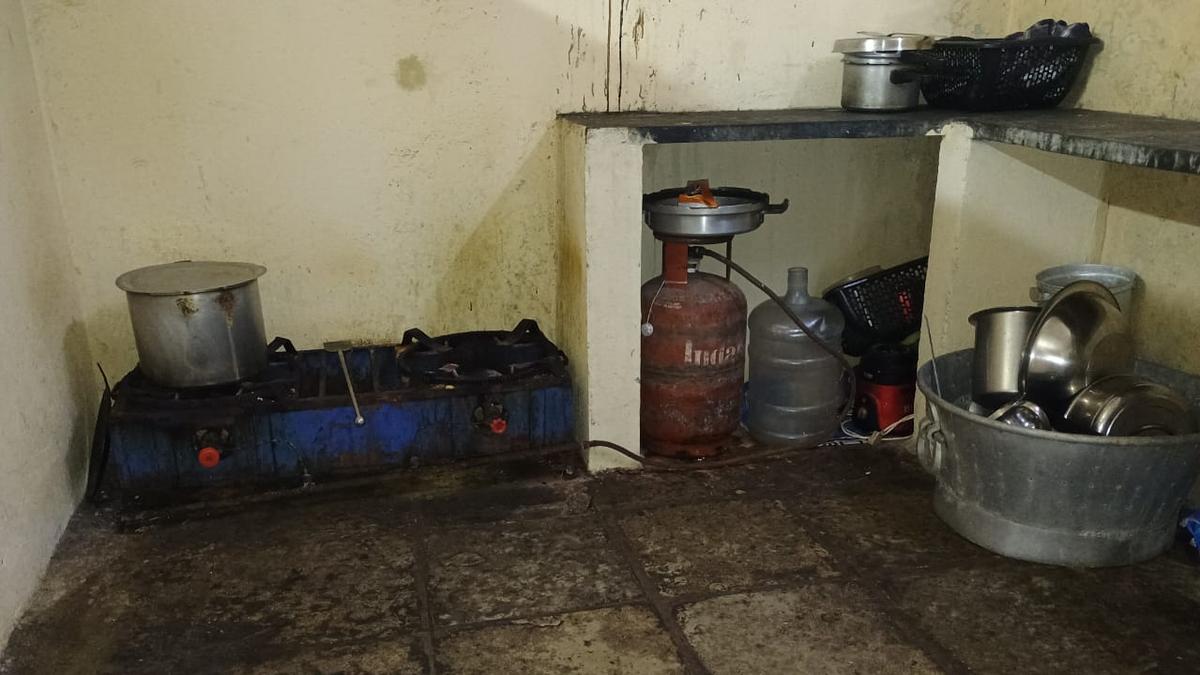Now Reading: Telangana Task Force Highlights Poor Hygiene in Hyderabad Hospital Kitchens
-
01
Telangana Task Force Highlights Poor Hygiene in Hyderabad Hospital Kitchens
Telangana Task Force Highlights Poor Hygiene in Hyderabad Hospital Kitchens

Quick Summary
- the Telangana Food Safety Task Force conducted quality assurance inspections in diet kitchens of three Hyderabad government hospitals:
– Government Maternity Hospital, Sultan Bazar.
– Government ENT Hospital, Koti.
– Area Hospital, Nampally.
- Key issues identified during inspections:
– Government Maternity hospital, Sultan Bazar (Contractor: M/s Katikam Linga Reddy): Open waste bins, improperly stored ingredients (rice bags/raw vegetables placed on the floor), lack of water quality tests and FoSTaC training for staff, and food handlers lacking caps/aprons.
– Area Hospital, Nampally (Contractor: M/s Shiva Sai Manpower Services): Unclean floors, rusty racks, greasy exhaust systems, damp walls with damaged window meshes.
– Government ENT Hospital, Koti (Contractor: M/s Boini Shiva Kumar): Issues such as drainage overflow leading to pest risks and lack of separate storage facilities for raw ingredients.
- Notices where issued to contractors by the task force; hospital superintendents were directed to implement immediate corrective actions.
Indian Opinion Analysis
The findings from the food safety inspections highlight critical gaps in hygiene standards within major hospital kitchens in Hyderabad. Given that hospitals cater primarily to vulnerable populations-such as pregnant women in maternity wards or individuals recovering from illnesses-the maintenance of these dietary facilities is essential not just for patient health but also community trust.
Issuing notices and directing corrective action are significant first steps towards mitigating these issues; however, sustained vigilance will be needed to prevent recurring lapses. Taking measures like standardizing food safety practices across contractors and enforcing routine compliance checks could ensure long-term improvements. This situation underscores a broader concern about accountability mechanisms within outsourced operations at public institutions.Efficient monitoring structures coupled with personnel training could help bridge gaps between policy expectations and ground realities while fostering public-health-centric reforms in india’s healthcare infrastructure.
Read more: 1200/G1RRYAlXIAAEfyh.jpg”>Inspection Kitchen image























